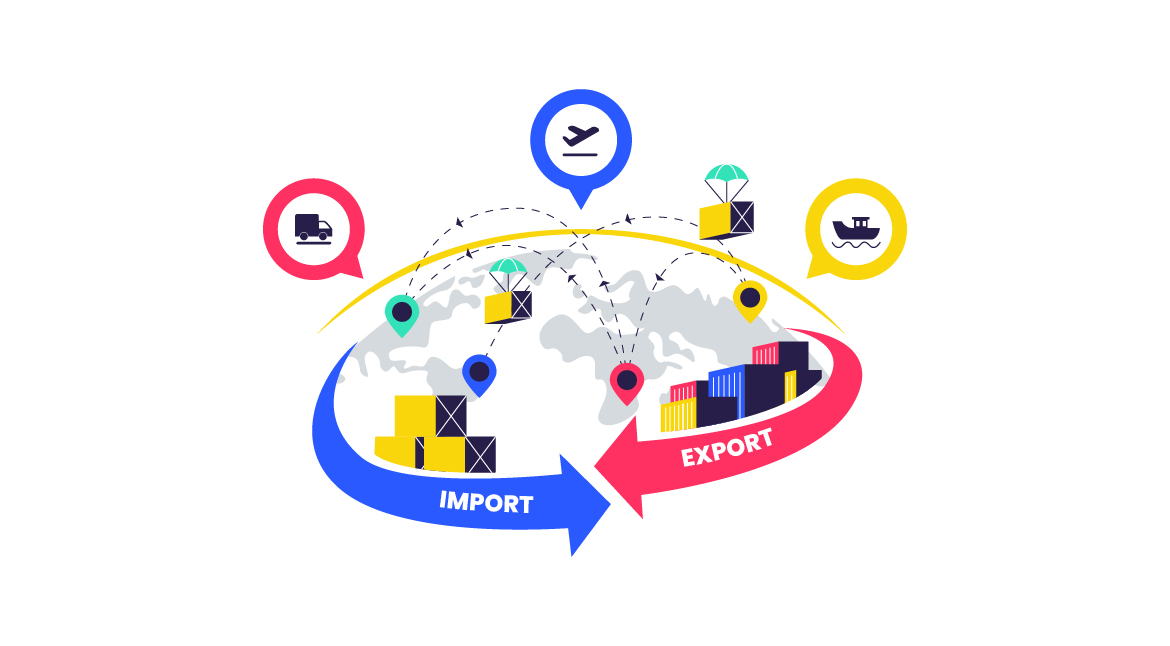
Mistakes You Need To Avoid When You Import From Turkey
1. Lacking the necessary certificates
Popular Turkish imports that need licenses or official certifications are likely to have your items held at customs if you don't get them. One of the biggest exports from the nation is fruit, which is also one of the agricultural goods that often needs a license. Other well-known Turkish exports that often require a license include textiles and live animals.
2. Lack of the proper commodity code
You will need a commodities code if you're importing from Turkey since a commodity code is required for the categorization of items being imported into the EU from outside of the EU. To locate the appropriate one, consult the EU Trade Tariff online at gov.eu. This 10-digit code is necessary for completing customs declarations and other documentation; it will also notify you of the available duty reliefs, the amount of duty or VAT that must be paid, and other pertinent information.
3. Not obtaining an EORI number
Anyone engaging in commercial activity (imports or exports) between the EU and Turkey need an EORI number. This number is used by customs to identify you; in contrast to a commodity code, which is used to specify the category of imported items, this number is used to identify you personally. Applying for an EORI number online is quick and simple. Within three working days, you ought to get your number through email. If you attempt to import something from outside the EU without one, it won't pass customs!
4. Failure to submit accurate import declarations
When bringing products from Turkey to the EU, you must additionally submit an import declaration to HMRC. Although it is a necessity, this is more involved than just adding the commodity code. A declaration must also include the item's import price and the customs procedure code outlining the importation process (for example, free circulation).
Having your freight forwarder create your import declaration for you is the simplest choice. An authorized economic operator (AEO) forwarder will also get access to streamlined customs procedures, which should hasten the import of your goods.
5. Ignoring the charges of VAT and duty
It's vital to include VAT, customs duty, and/or excise duty in your total expenditures as these fees may be due on items shipped from outside the EU. Your profit margin might not be as high as you'd intended, and another import alternative might end up being more affordable altogether.
Despite not being a member of the EU, Turkey has since 1995 benefited from European Community Preferences on industrial goods transiting between Turkey and the EU.
When trying to trade with Turkey, submitting an ATR1 paperwork generally allows products to enter the EUR duty-free.
6. Not choosing the safest transportation method
Most goods are imported to the EU from Turkey by road. However, there have been issues in recent times with security & delays caused by congestion a lot of which has been related to the humanitarian crisis across Europe. Trailers in particular, have been targeted by migrants seeking entry to the EU and cargo owners have experienced delays, loss & damage to goods as a result.
Latest news

The Perfect Procurement Specialist
5 July 2023





